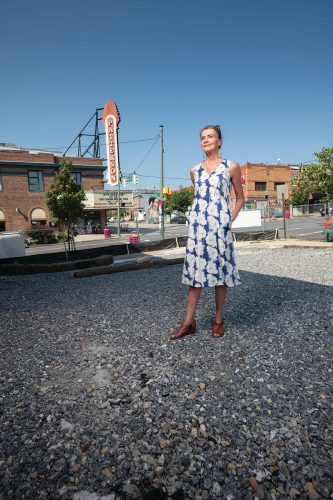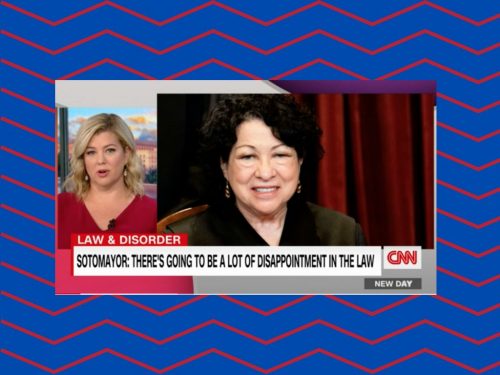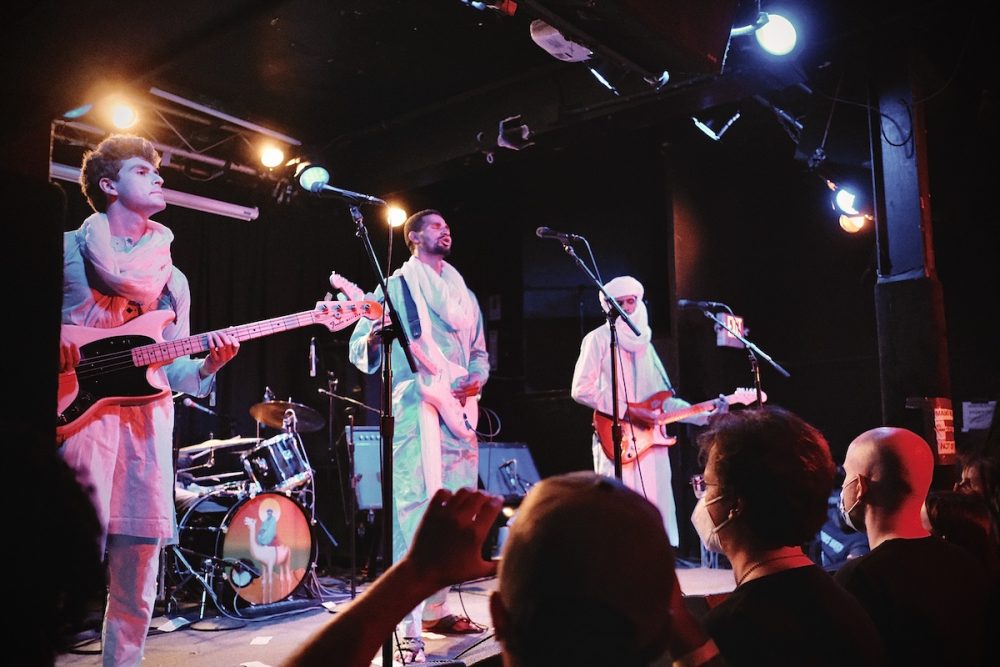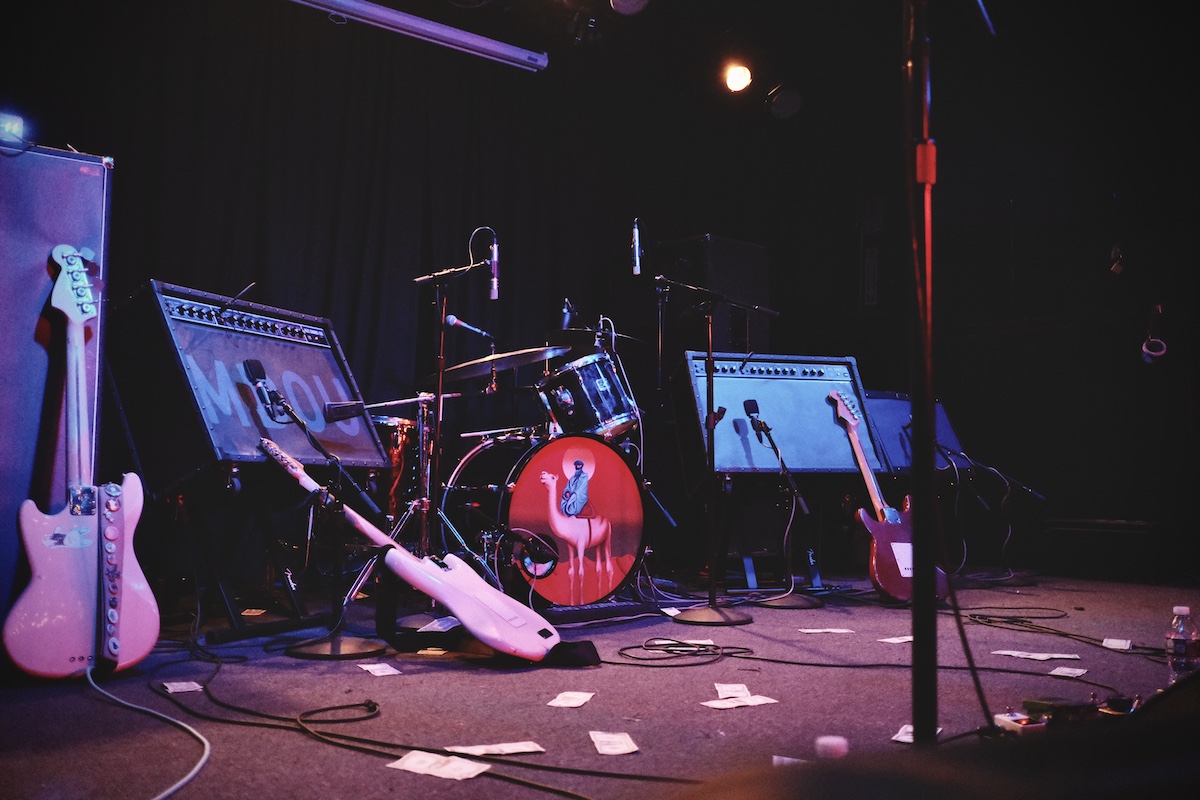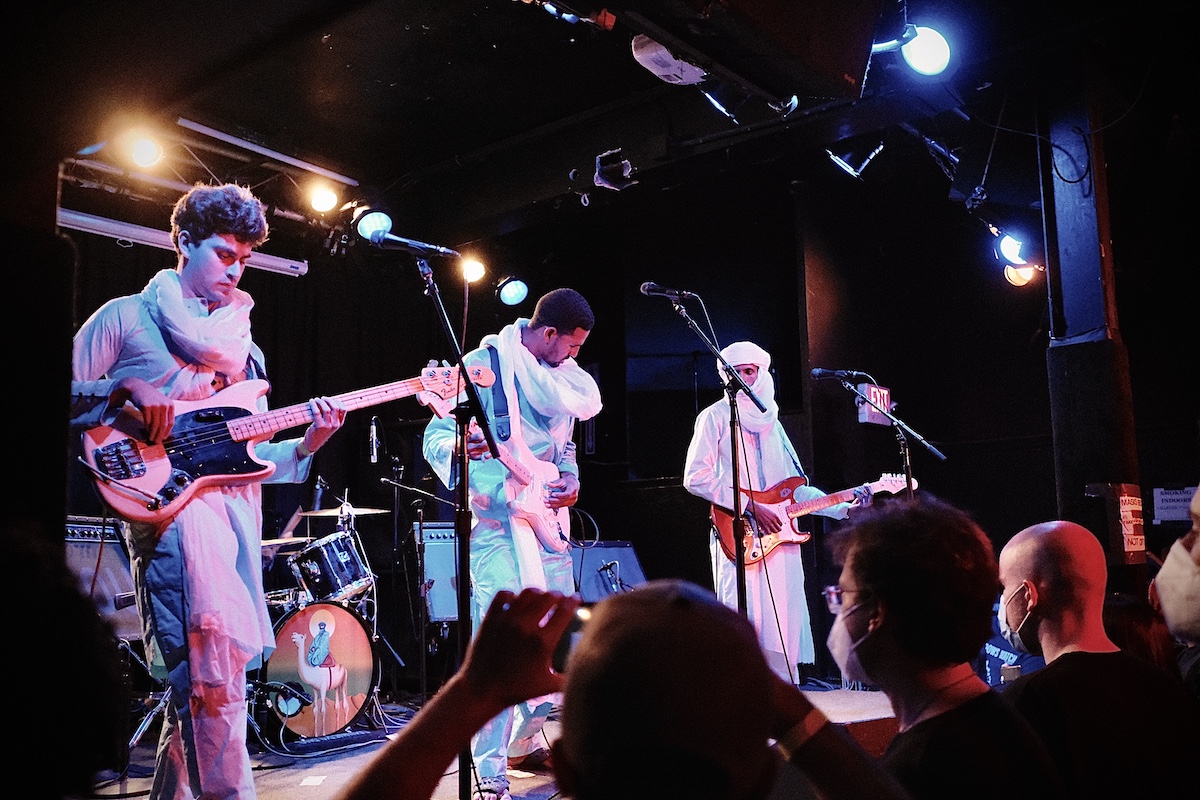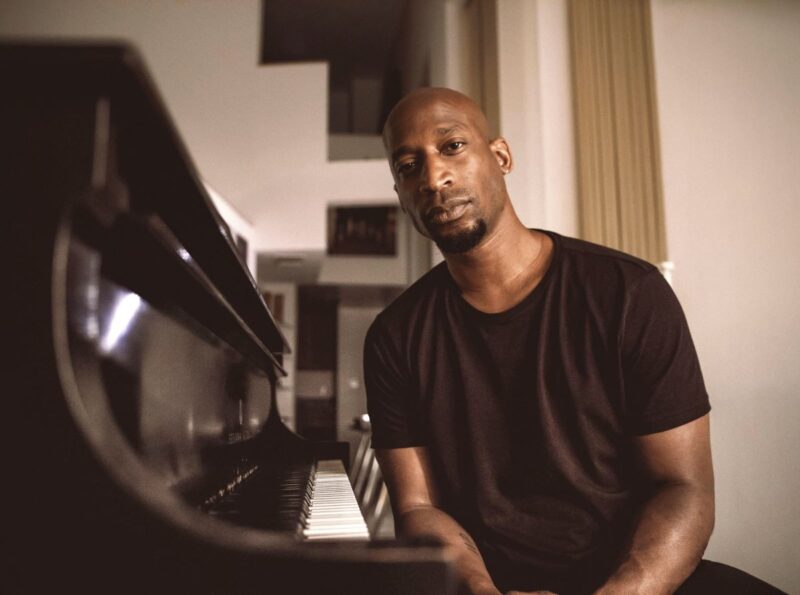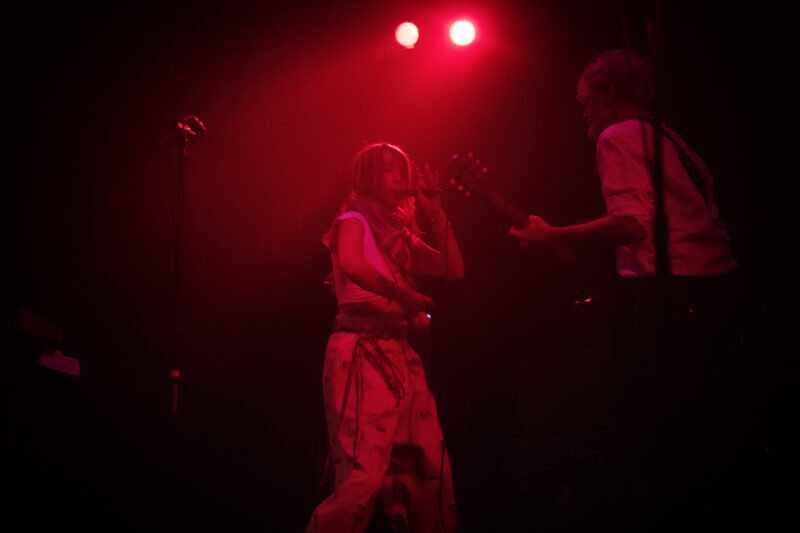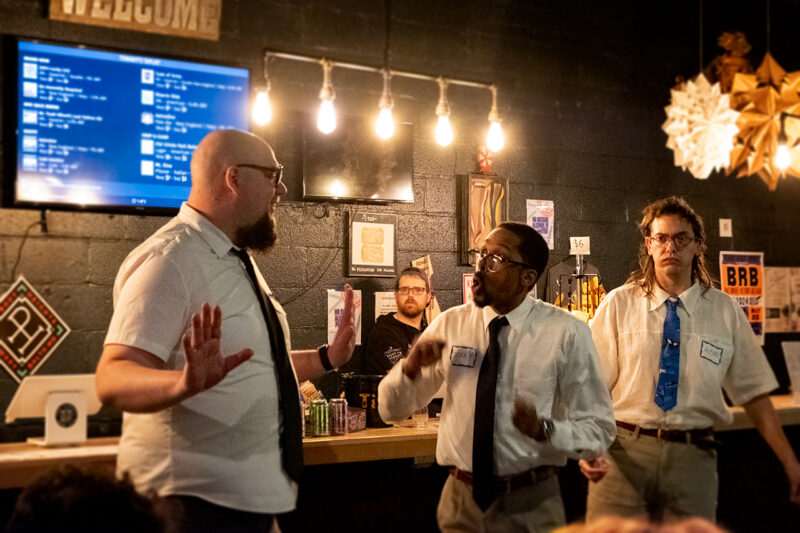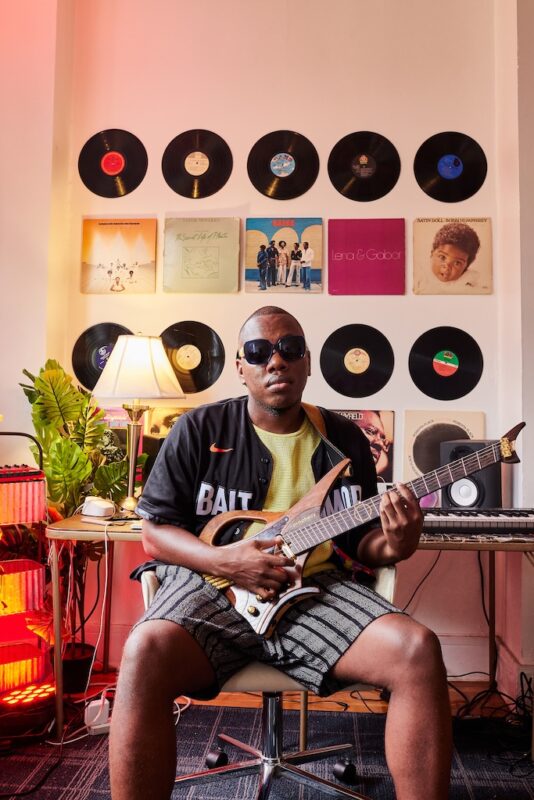Jaddie Fang: For the latest album, there are so many songs that were recorded in different studios, from Amsterdam to Michigan and Los Angeles. Why is that?
Mdou Moctar: It’s because we wanted to take our time on recording. We decided we’re going to record this album as if we’re doing it live. We would go to the studio and do two to three tracks and then we’d leave. I have great respect for sound engineers and what they do. I don’t know how to do it, because I just get really stressed. If I’m locked up for a really long time trying to record a whole album in one studio, it prevents me from having the freedom to play when I want to. And obviously there are also quite a lot of constraints in terms of the times that the studio is open. So my preferred method is to do it bit by bit.
I think while on tour is an ideal moment to record for us, because it’s got that tour energy. We’re really used to playing live and being very practiced. And another thing is we’re interested in seeing the methods of different sound engineers, it’s nice to see some diversity.
Your latest album, Afrique Victime, expresses the pursuit of Africans as equals in the world. It also echoes what you said in an interview with the Guardian in 2019 when your last album, Ibitlan, was released: “France says we are independent now but we have no independence, we are modern slaves . . . ” This sounds like a concept of para-colonization, a criticism of the way the upper class retains its power through economics or technology, as well as the social control over countries that lack various civic resources. What do you think an “independent” entity/country should be like?
Of course, we feel that we’re modern slaves because we don’t get to decide. It’s always France, right? One example is the Franc, which has been used as currency in many countries in Africa. It has very little value. And many French people don’t even know that it exists, even though it is exclusively printed in France, and it was imposed by France. Being free is attained through being left alone. Countries should be allowed to exploit their own mineral resources, and choose who they want to work with, and construct themselves. Let young Africans learn how to work and be professionals in these fields. Everything now that we’re hearing about Africa is through France’s interpretation. And you know, France has found indirect ways to destroy African leaders who have stood up against that, like Thomas Sankara, who was killed [in 1987]. So, in the 21st century, Africa needs a new breath of life and its own voice, not France speaking for it all the time, and it needs to be able to exploit its own resources through its own choice.
Your music contains various forms of love; there are imaginative scenes for lovers, homeland, your country, and traditional culture. Can you share how you usually become inspired?
It depends. If I’m writing about love, it might be because I’m in a situation when I’m really in love. Really it is the reality of what surrounds me that inspires me. It’s nature that gives me inspiration to create certain sounds. I write what I feel deep inside me when I’m in love. Sometimes I write about nostalgia as well, like when I’m away from my country. And not just when I see positive things; if I see jealousy, jealousy around me, then I want to write about it. So it’s really life offering themes for me to write about.
I would like to use a song as an example, like the first song, “Chismiten,” on the latest album. You sing, “to become a better person, you need to stop being so jealous and insecure.” What’s the context for writing this song?
From my understanding, jealousy can be a problem for many couples. I feel like there’s so many misunderstandings that stem from it, which I’ve seen many times. So that’s what inspired me. A lot of times, some couples might sadly break up if there was an incident, without each side really understanding what happened. Someone might see something and sort of delude themselves and decide that breaking up is a solution without even talking about the problem they perceived.
Just as an example, if you see your partner with someone else, and they seem to be talking intimately, or stroking each other’s heads, then you might assume that your partner is cheating on you. But maybe that’s just an old friend, and they haven’t seen each other for a long time. A friend she’s been talking about for a long time, and you’ve just never seen his face before. When people see these kinds of things, they might suddenly stop listening and shut themselves off, and end relationships without even checking. You might end the relationship right there without even having an opportunity to explain—and all of that is motivated by jealousy. Of course, jealousy doesn’t just happen between couples. It could be that you are feeling envious in a work context for instance, if you have the impression that someone is more successful. All of those situations are inspiring to me.
